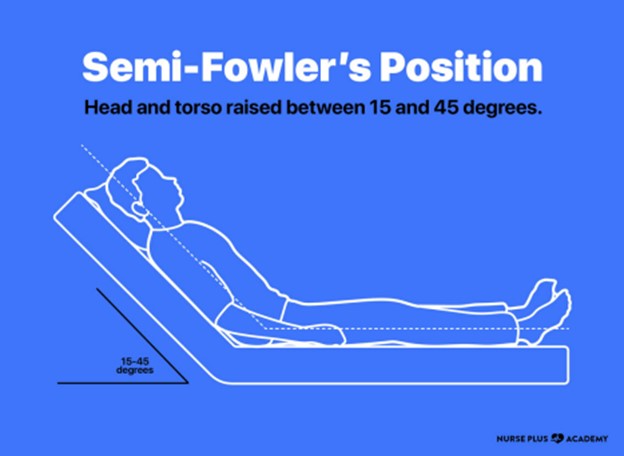A nurse is reviewing the medication history of a client. The nurse should identify that which of the following medications places the client at risk for hypokalemia?
Acyclovir 400 mg PO twice daily
Furosemide 80 mg PO daily
Cimetidine 300 mg PO four times per day
Meloxicam 5 mg PO once daily
The Correct Answer is B
Furosemide is a loop diuretic commonly prescribed for conditions such as hypertension and edema. One of the side effects of furosemide is the increased excretion of potassium in the urine, which can lead to low potassium levels in the body, known as hypokalemia. The other medications mentioned do not typically place the client at risk for hypokalemia: Acyclovir 400 mg PO twice daily: Acyclovir is an antiviral medication used to treat viral infections, such as herpes. It does not have a direct effect on potassium levels. Cimetidine 300 mg PO four times per day: Cimetidine is a histamine H2 receptor antagonist commonly used to reduce stomach acid production. It does not have a direct effect on potassium levels.
Meloxicam 5 mg PO once daily: Meloxicam is a nonsteroidal anti-inflammatory drug (NSAID) used for pain relief. It does not have a direct effect on potassium levels.
Nursing Test Bank
Naxlex Comprehensive Predictor Exams
Related Questions
Correct Answer is A
Explanation
Elevating the head of the bed to a semi-Fowler's or high Fowler's position helps prevent aspiration during the feeding. This position facilitates proper digestion and reduces the risk of
regurgitation or reflux. It allows gravity to assist in keeping the feeding in the stomach and reduces the likelihood of complications.

The other actions mentioned are also important steps in the process but should be performed after elevating the head of the bed:
Measure stomach contents: This step is usually done before administering any enteral feeding to check for the presence of residual gastric contents. It helps determine if the client is tolerating previous feedings and guides adjustments in the feeding volume or rate if needed.
Return gastric content into the gastrostomy tube: If there is a significant amount of gastric residual, it is recommended to return the contents into the stomach before administering the feeding. This helps ensure that the client receives the full prescribed amount of the enteral feeding.
Flush the tube with water: Flushing the gastrostomy tube with water before and after the feeding helps maintain tube patency, clears any residual feeding or medication, and prevents clogging.
Correct Answer is ["A","D"]
Explanation
From the given statements, the nurse can identify the following statements as indicating the effectiveness of cimetidine treatment:
"I don't have as much heartburn after I eat anymore.": Cimetidine is a histamine-2 receptor antagonist commonly used to reduce stomach acid production. Decreased heartburn after eating suggests that the medication has been effective in reducing excessive acid production and relieving heartburn symptoms.
"I can sleep while lying flat again.": Cimetidine can help alleviate symptoms of gastroesophageal reflux disease (GERD) by reducing stomach acid. Improved ability to sleep while lying flat suggests that the medication has successfully reduced acid reflux and related symptoms.
The following statements do not directly indicate the effectiveness of cimetidine treatment: ● "I noticed that I have had less urge to smoke lately."
● "I occasionally have stomach pain and dark stools."
● "I have not been as dizzy as I was before."
These statements may be unrelated to the effects of cimetidine or may require further assessment to determine their significance. It's important for the nurse to address any concerns or symptoms mentioned by the client and evaluate their overall response to the medication
Whether you are a student looking to ace your exams or a practicing nurse seeking to enhance your expertise , our nursing education contents will empower you with the confidence and competence to make a difference in the lives of patients and become a respected leader in the healthcare field.
Visit Naxlex, invest in your future and unlock endless possibilities with our unparalleled nursing education contents today
Report Wrong Answer on the Current Question
Do you disagree with the answer? If yes, what is your expected answer? Explain.
Kindly be descriptive with the issue you are facing.
